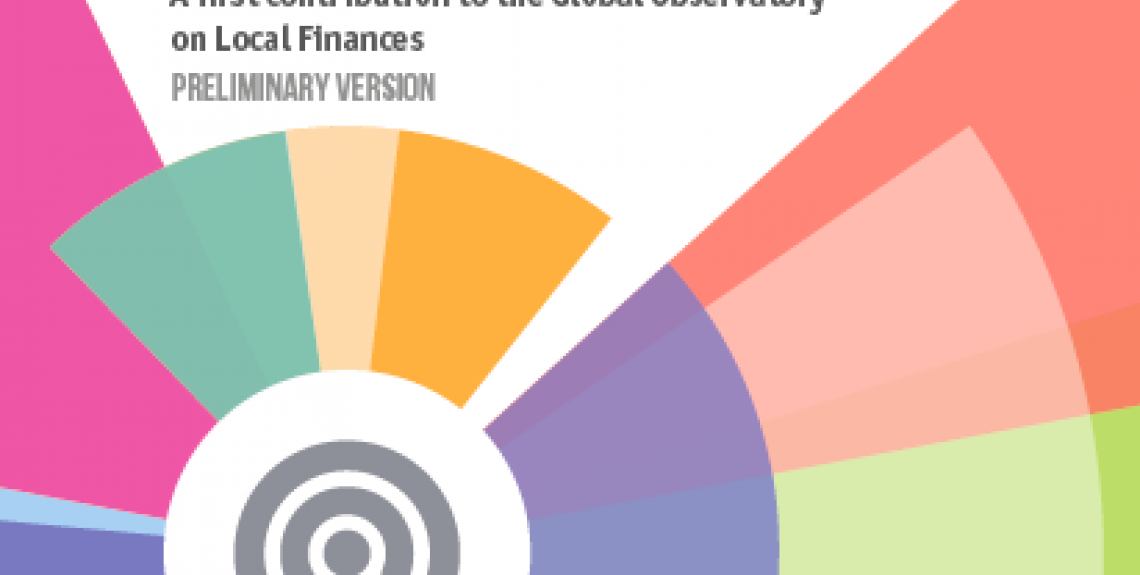Local governments’ capability to mobilize financial resources forn the common good and to sustainably and transparently manage it is essential to guarantee the Right to the City. In this regard, the UCLG Committee on Local Finances for Development launched an essential tool to assess and compare financial decentralization all over the world: the Global Observatory on Local Finances. It is now available online in English.
A joint effort to improve the assessment of local decentralization
At the international level, several initiatives and instruments have been launched over recent years to provide subnational finance data in a comparable and reliable way. However, they remain limited or focused on micro-data or on a limited sample of countries, and do not provide a global vision of the state of subnational finances worldwide. Moreover, there are still a number of countries which have not yet implemented harmonised national accounting systems according to the international standards of the System of National Accounts.
The OECD and United Cities and Local Governments (UCLG) joined their forces –with the technical and financial support of the French Agency for Development (AFD)- to prepare this statistical study, launched in October 2016 at the UCLG Congress in Bogota. It is a first attempt to build a systematic data compilation on local finances on 101 countries in the world (representing 82% of the world’s population), based on quantitative and qualitative data.
From national to city data: a two-phase study
This study presents the main organisation and financial indicators related to subnational governments in 101 federal and unitary countries worldwide. It provides, through country profiles and a synthesis analysis, qualitative information on subnational governments’ structure and responsibilities, as well as a macro financial data assessing subnational government spending, investment, revenue and debt. Financial indicators of the country profiles are accompanied by short comments on the structure of the expenditure and investment (by type and economic function), revenue (taxes, grants, user fees and property income, etc.) and the characteristics of the debt and fiscal rules.
This study constitutes a first exploratory step: the study process has identified the main information sources at international and national levels, as well as some major methodological and information gaps which will need to be addressed for further development. The goal is also to link this global overview to other national and international initiatives and, as a second step, to include “micro-data” providing from city or regional levels –based on the collection of individual city and regional accounts.
Country profiles are accessible here, and the complete study is accessible here.


